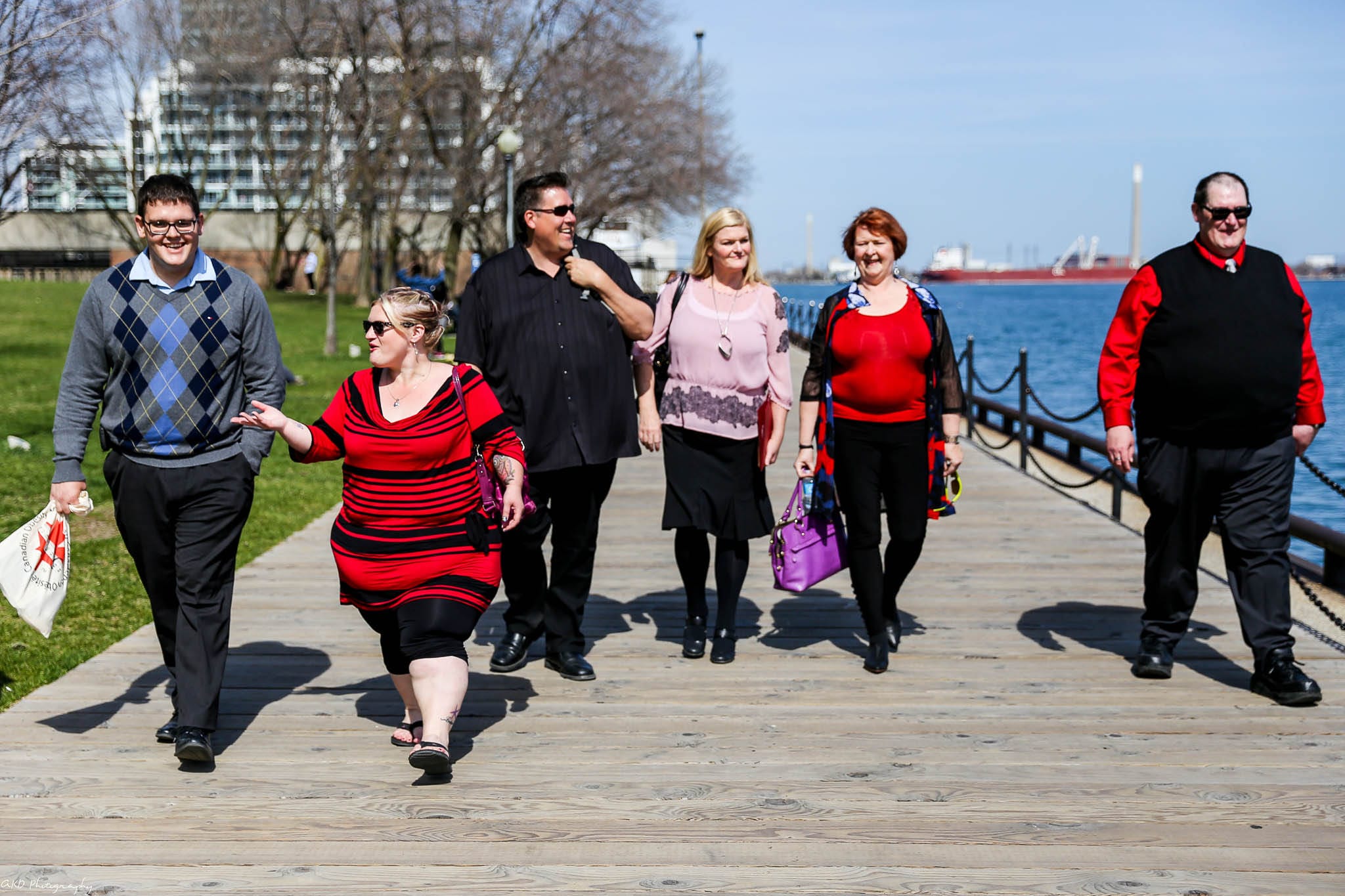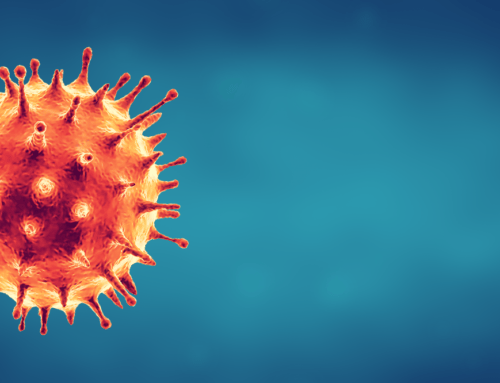Blog post written by Ximena Ramos Salas, PhD.
During the COVID-19 lockdown, we have observed an increase in weight biased memes and fat jokes as well as a lot of posts about individuals feeling worried or anxious about gaining weight during the COVID lockdown. This just shows how deeply ingrained weight bias is in our society.
Weight biased memes use images of people with larger bodies in very negative ways (e.g. eating junk food, lying on the couch, bellies sticking out of their shirts, etc).
These memes are concerning because they contribute to obesity stigma – the belief that obesity is self-inflicted (i.e. through our behavioural choices).
To be clear, obesity is a chronic disease when a person’s adiposity (body fat) impairs health. Obesity is caused by many biological, behavioural and environmental factors. Individuals with obesity do not choose to have obesity just like individuals with cancer, diabetes or hypertension do not choose to have those conditions.
Obesity is a chronic disease. Obesity is not about beauty, weight or body size ideals. Obesity is about health.
It is possible to have obesity even if you don’t have a larger body (e.g. when fat is around organs impairing health). It is also possible not to have obesity when you live in a larger body (e.g. body fat tissue is not impairing your health).
The memes I see about gaining a few pounds during the COVID lockdown are linked to our societal bias that pushes thinness as an indicator of success, discipline, beauty, and other attributes that many cultures value as important.
Weight bias beliefs imply, that if you “let yourself go” and gain a few pounds during the lockdown, it reflects poorly on your moral value as a human being because you lack the ability to take care of yourself.
In the midst of the COVID pandemic, people with obesity who normally experience pervasive weight bias (from the media, the general public and health professionals), are now facing even more weight bias through these memes.
These memes matter because people with obesity may avoid getting health care for their COVID symptoms for fear of being shamed and blamed for their weight by health care professionals. They matter because people with obesity may delay getting care for fear of being labelled as a burden to health systems and society.
More than ever, we need to have empathy towards ourselves and towards others. Let’s question those weight biased memes. Let’s challenge obesity stigma.
I have received many emails lately asking me for tests/surveys/questionnaires that we can use to assess weight bias attitudes and beliefs.
There are many validated research instruments to measure implicit (unconscious) and explicit weight bias attitudes and beliefs but they may not be useful for non-researchers.




